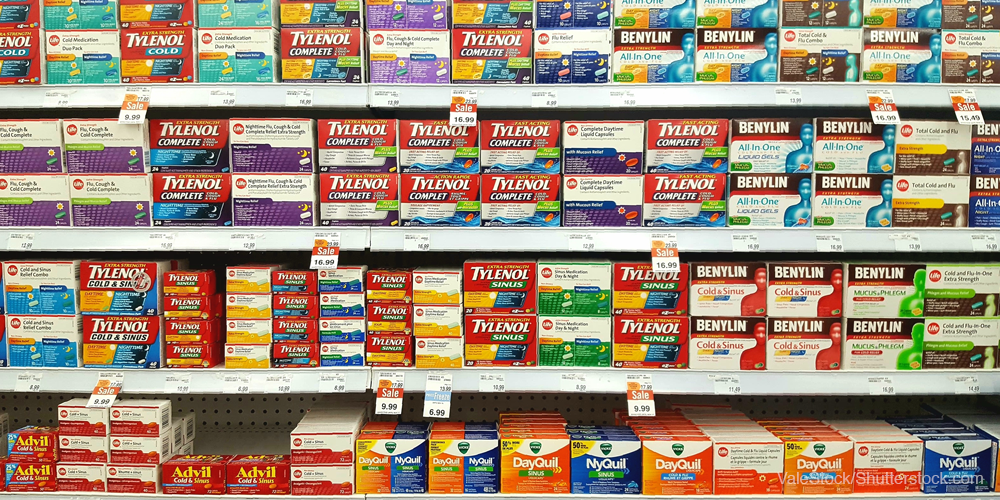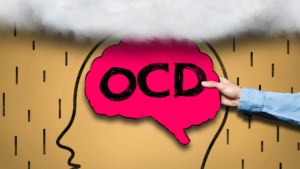
OTC medications are over-the-counter medicines that are available for purchase without a prescription. Some examples of OTC medications include cough and cold medications, pain relievers, and allergy medications. There are hundreds of different OTC medications that are available for purchase, and though they are readily available, it is important to note that they may have different side effects and may not be safe for children. Whether you want to know the street value of Oxycontin or the price for a certain acne product, most doctors can help.
What are OTC Products?
Commercially available over-the-counter (OTC) medications can be used to treat a variety of skin conditions. Most of these medications are not intended for use in pregnant women, children, or people with severe allergies, so you should always ask your health care provider before taking an OTC medication. Most OTC medications are designed to work as single medications, but some can be combined with other medications to treat more than one condition.
Over-the-counter (OTC) medications are those that we can buy at the drug store. They are not the same as prescription medications, which we have to get from a doctor or order online from a UK pharmacy (or one in your area). There are many different types of OTC medications, depending on the disease or illness you have. Knowing the difference between OTC medications for different illnesses is important.
Are OTC Products Safe?
Every time you go to the drugstore, you are likely to see a variety of products in the pharmacy aisle that are not regulated by the FDA. This is because they are sold OTC (over the counter), meaning consumers can purchase them without a prescription. While some OTC products may be safe, others can be dangerous.
Allopathic (or conventional) medicine is the means by which we treat the symptoms of illness, and almost all of us have been told that one must take any and all medicines prescribed by a doctor as being “safe and effective.” However, many OTC drugs can have very serious side effects, and a few of these can be deadly. Making sure to review the OTC medication list and understanding the possible side effects of your chosen product are two ways that you can protect yourself from potentially dangerous drugs.
The reason is once a final monograph is implemented, companies can manufacture and market an OTC product without requiring FDA pre-approval. These monographs define the safety, effectiveness, and labeling of all OTC active ingredients on the market. New products that meet the requirements of a final monograph can be marketed without further FDA review. As a result, taking the medications prescribed by doctors (which are usually clinically tested) could be a better option. Because why would anyone want to take a risk when we all know the consequences could be disastrous? As a result, these drug testing or clinical trials are critical. Furthermore, CRO firms such as Vial assist with the overall clinical testing process. So, ideally, getting the tests done and then only exporting them into the market should not be a problem. Anyway, if you want to learn more about how CRO companies work, you can visit this site right here and see how they assist with drug testing for various medicines.
OTC Medications For Every Skin Condition
The American Academy of Ophthalmology (AAO) is made up of about 8,500 members who are experts in all aspects of the eye, including OTC medications. The AAO is dedicated to promoting the best OTC medications and the safest treatments for all eye conditions-and since everyone is different, you need to find the right products for you. Every day, millions of people take over-the-counter (OTC) medications for everything from headaches to nausea to heartburn. Some of these drugs are still very effective, while others may do more harm than good.
There are a variety of medicines that you can purchase over the counter that can help with skin conditions such as eczema and psoriasis. However, for skin conditions like necrotizing fasciitis and similar bacterial infections, you would most likely require the assistance of medical experts and timely treatment. OTC medications might not favor such problems. Nonetheless, these medicines can be used alongside other treatments to help you prevent flare-ups and achieve the best complexion possible. They are also used to help reduce the discomfort and itchiness of skin conditions.
What Are The Things To Consider With OTC Products
A lot of us take OTC medications for skin conditions like acne, especially when we’re on the go and don’t want to visit the doctor. There are, however, some risks associated with these products. In the article, we’ll go over some of the questions you should ask before buying a product over the counter and give you some tips on how to take care of yourself so you can receive the most benefit from these medications. The internet is flooded with over-the-counter drugs, and it can be hard to figure out which ones are effective, safe and which ones are not. As a result, many of us are tempted to buy over-the-counter products when we have better alternatives right in front of us.
The government recommends that you get an annual physical exam and that you should ask your physician if you have questions or concerns about any medications or OTC products you are taking. As with any medication or OTC product, it is important to always read the label before taking it and always follow the directions on the label.
We all experience skincare issues from time to time. Sometimes these issues are so mild that we just want relief and don’t want to go to a doctor to see if there is a real underlying issue. Other times these issues, like a rash or pimple, are more serious. In these cases, we may want to see our doctor. But what if you don’t have health insurance or the time to make an appointment? That’s where over-the-counter (OTC) medications come in. OTC medications are a great option for minor skincare issues. Don’t wait to start getting rid of acne or other skin issues; start now with OTC medications.



